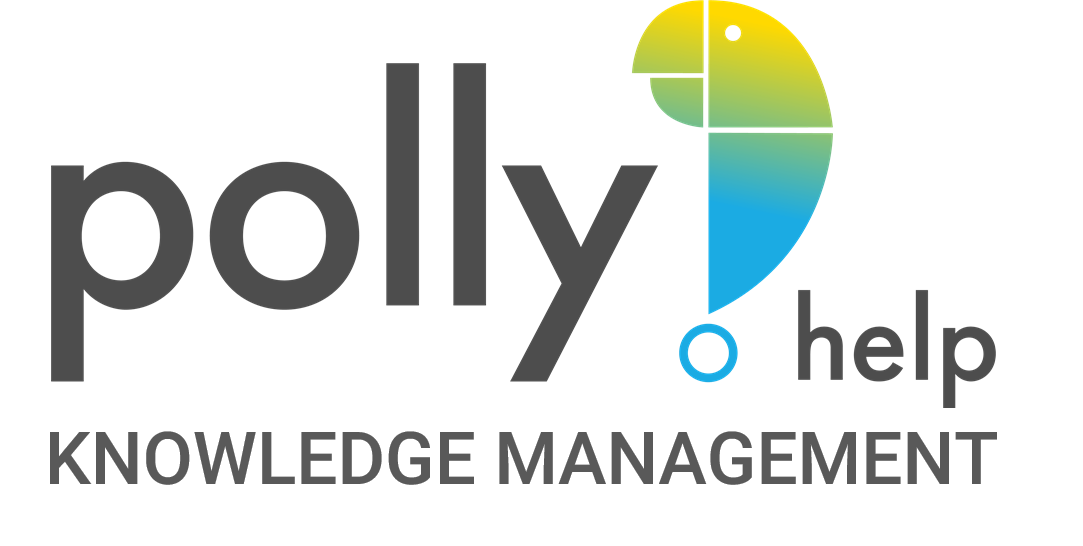In today’s dynamic and fast-paced business world, knowledge management stands as a cornerstone for organizations seeking a competitive edge. This article delves into the significance of knowledge management, spotlighting its far-reaching advantages and offering actionable insights for successful implementation. Learn how harnessing knowledge management practices can propel your organization to new heights in the knowledge-driven economy.
Benefits of Knowledge Management:
- Improved Decision-Making and Problem-Solving: Knowledge management facilitates easy access to relevant and precise information, empowering informed decision-making and effective problem-solving.
- Enhanced Productivity and Efficiency: By streamlining information retrieval and promoting knowledge sharing, organizations can boost productivity and efficiency while minimizing redundant efforts.
- Fostering Innovation and Creativity: Knowledge management nurtures an environment where employees can access and build upon existing knowledge, thus igniting innovation and creativity.
- Nurturing Organizational Learning and Employee Development: By capturing and sharing best practices, knowledge management facilitates continuous learning, fostering employee development.
Strategies for Effective Knowledge Sharing
- Creating a Knowledge-Sharing Culture: Encourage a work environment that values knowledge sharing through open communication, collaboration, and dedicated knowledge-sharing platforms.
- Leveraging Technology for Knowledge Sharing: Harness knowledge-sharing platforms like Polly to seamlessly integrate with existing systems, enabling effortless knowledge sharing across teams and departments.
- Encouraging Collaboration and Communication: Promote cross-functional collaboration and open channels of communication to motivate employees to share their expertise and insights.
- Recognizing and Rewarding Knowledge Sharing: Implement recognition programs and incentives to acknowledge and motivate employees actively participating in knowledge sharing activities.
Implementing a Knowledge Management System
- Assessing Organizational Needs and Requirements: Analyze your organization’s knowledge management needs, addressing existing gaps, desired outcomes, and available resources.
- Selecting Appropriate Knowledge Management Tools: Research and select a suitable knowledge management platform that aligns with your organization’s requirements, ensuring it offers features like document management, powerful search functionality, collaboration capabilities, and third-party integrations.
- Designing and Implementing Knowledge Management Processes: Develop a framework for capturing, organizing, and disseminating knowledge within your organization, defining processes for knowledge creation, storage, retrieval, and updating.
- Training Employees on Knowledge Management Systems: Provide comprehensive training to employees on how to effectively use the chosen knowledge management platform.
Best Practices for Building Knowledge Repositories
- Organizing and Categorizing Knowledge Assets: Create a logical and intuitive taxonomy to categorize knowledge assets for easy user navigation.
- Ensuring Accessibility and Information Retrieval Ease: Implement robust search functionalities, metadata tagging, and user-friendly interfaces for quick and efficient information retrieval.
- Regularly Updating and Maintaining Knowledge Repositories: Establish processes for content updates, reviews, and archiving of outdated information, assigning ownership and responsibilities for repository maintenance.
Embrace the Power of Polly.Help
Polly.Help, with its advanced features and intuitive interface, offers a comprehensive solution to streamline knowledge management processes and enhance organizational efficiency. By integrating Polly.Help into your organization’s knowledge management framework, you can:
- Facilitate Effective Knowledge Sharing
- Centralize Knowledge Repositories
- Enhance Organizational Learning
- Optimize Decision-Making and Problem-Solving
Unlock your organization’s full potential in the knowledge-driven economy with Polly.Help and revolutionize your knowledge management practices.







